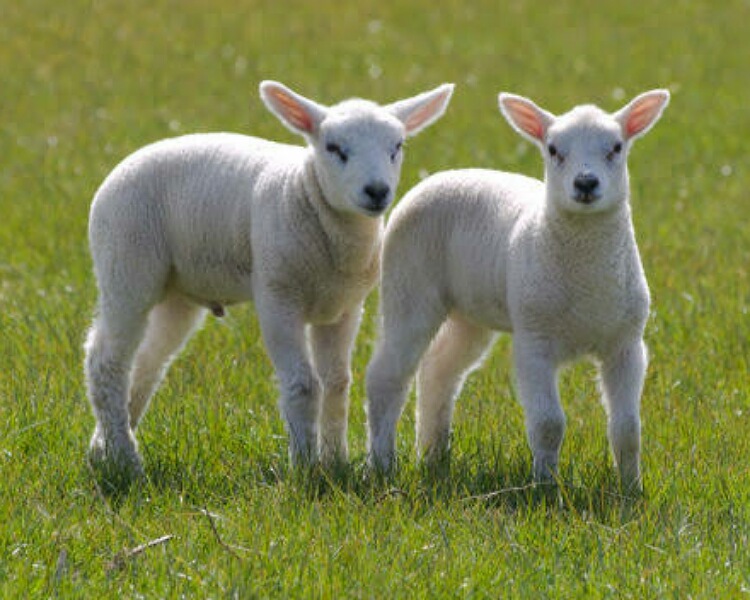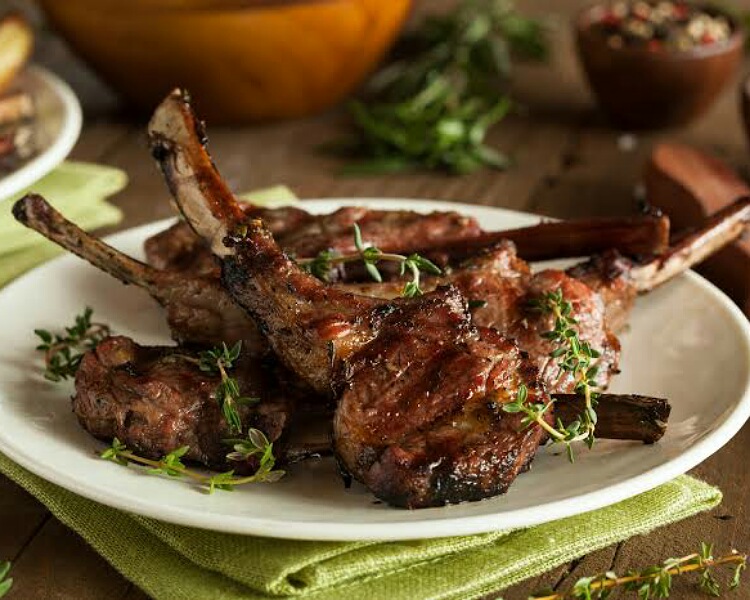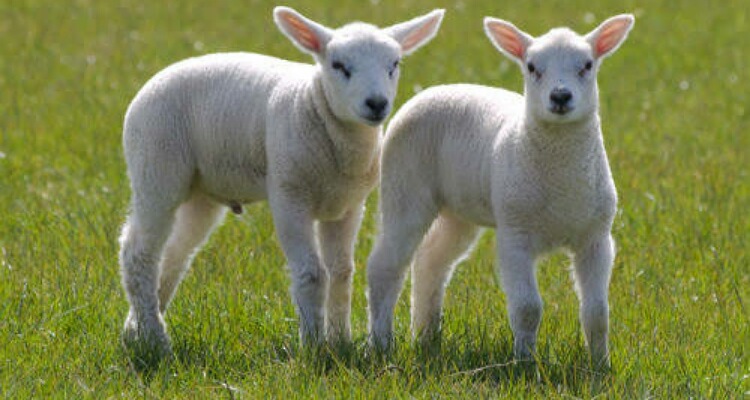Food security concerns are plaguing the world. Experts offer some solutions but these are not sustainable. They negatively affect the environment and climate.
But Welsh farmers seem to have an answer for this. They are into non-intensive sustainable agriculture? What is it? How do the farmers do it?
Current debates on food policy and the Welsh farmers
There are a lot of debates ongoing in the world amongst policymakers as regards a mode of agriculture that should be sustainable. Moreover, UK lawmakers are also having heavy discussions on it.
The National Food Strategy for England report was published recently. And the bottom line is that agriculture should be such that it should be able to provide a large amount of food for the masses without damaging the environment and the climate at a cost that people can afford.
The pandemic and war have pushed the world to the brim and food scarcity and high cost of food are everywhere.

Welsh farming reps argue that they are easily able to procure red meat and they farm it sustainably. The Welsh farmers export Welsh lamb in great quantities to England where people consume it in large numbers.
This type of farming is the solution to the concerns affecting the food system, say the reps. They claim that ethically and sustainably produced red meat can meet the challenges affecting humankind.
The statement from the chief executive of Meat Promotion Wales
The Wales authorities promote red meat production and do it sustainably. Authorities worldwide can follow it and reap its benefits. Gwyn Howells, Chief Executive at Hybu Cig Cymru – Meat Promotion Wales (HCC) explains:
“There are a number of issues which need addressing in our current food system. Obviously, the challenge of climate change is urgent and all sectors must play their part. Also, we must address food security, and be resilient in the face of external shocks such as the recent rise in costs and the war in Ukraine.”
“Rather than looking to faddish solutions, it’s time to support types of regenerative farming that are suited to the landscape and climate of these islands.”

Welsh red meat and its production
The whole world is amid a food crisis and learning from each other would be useful. Gwyn goes on to explain:
“Lamb and beef production in Wales, according to independent research, is already much lower in terms of emissions than most other countries, and projects are underway to reduce the climate impact even further.”
“Welsh livestock farmers use non-intensive methods, using land that’s unsuitable for other types of farming, and relying overwhelmingly on grass and rainfall rather than the additional inputs which are rocketing in their cost.”
Read more: 7 sustainable innovations to feed the increasing population of this world!

He added:
“Any policies which put at risk our productive and sustainable domestic livestock sector present real dangers. Families could face increasing food bills. And we may end up importing more food which may be produced to lower environmental and welfare standards.”
